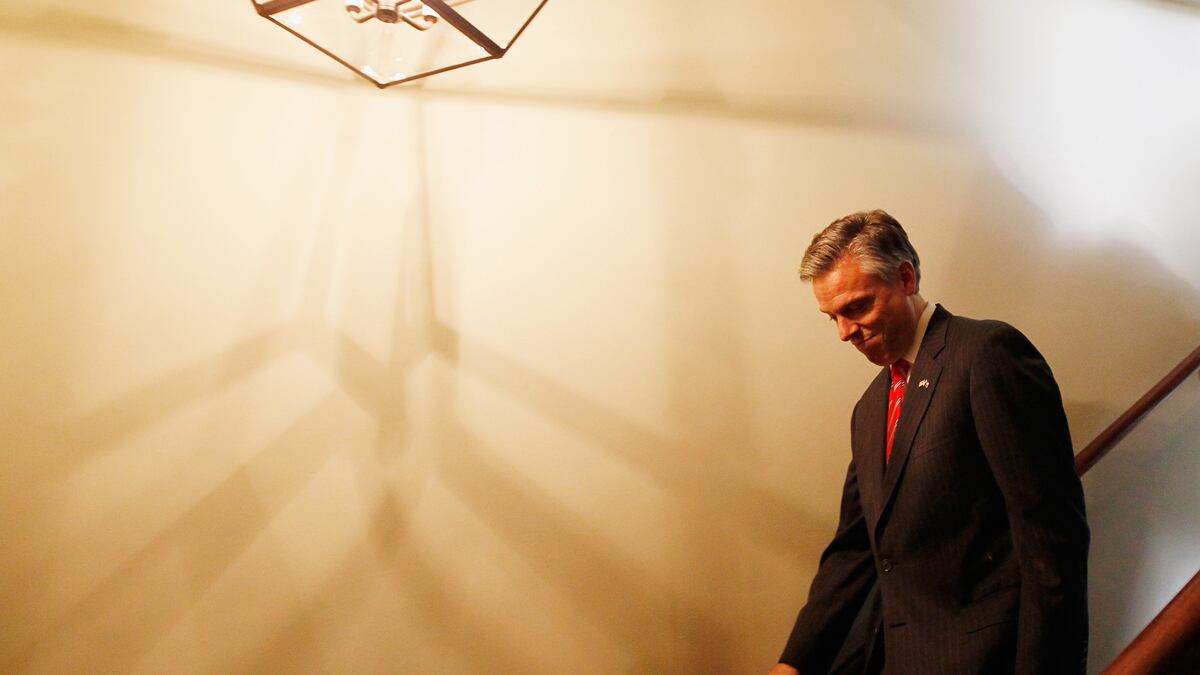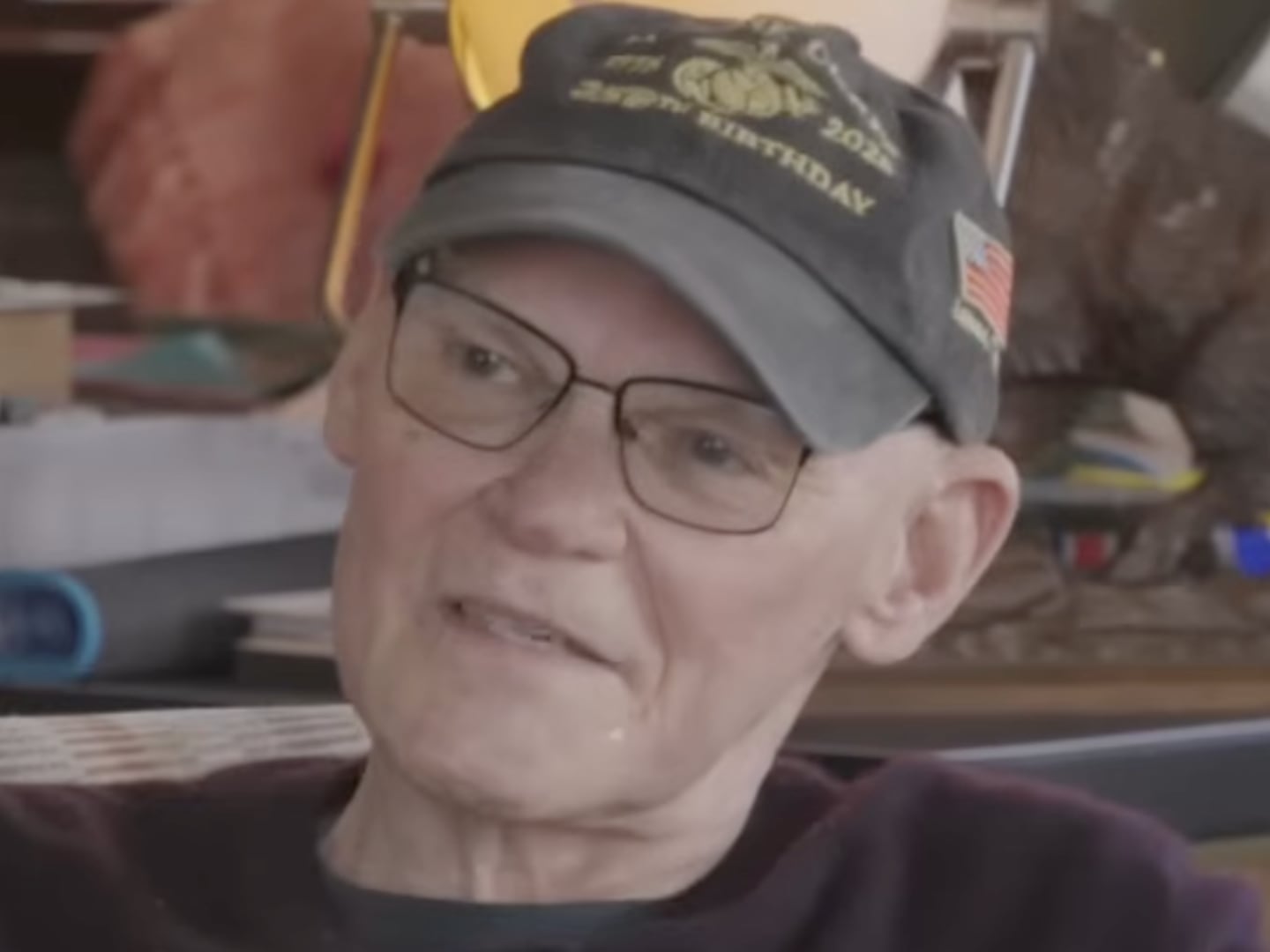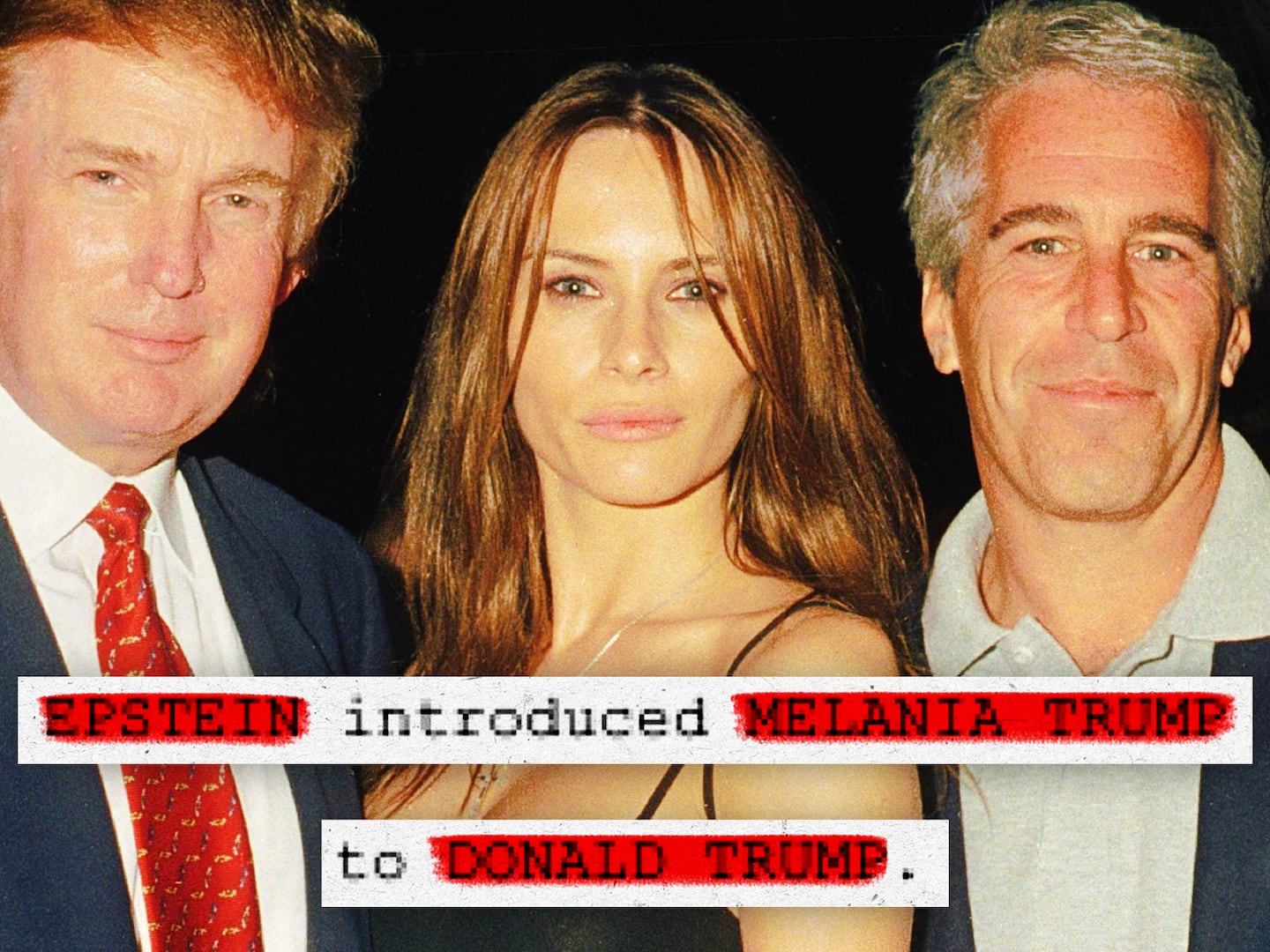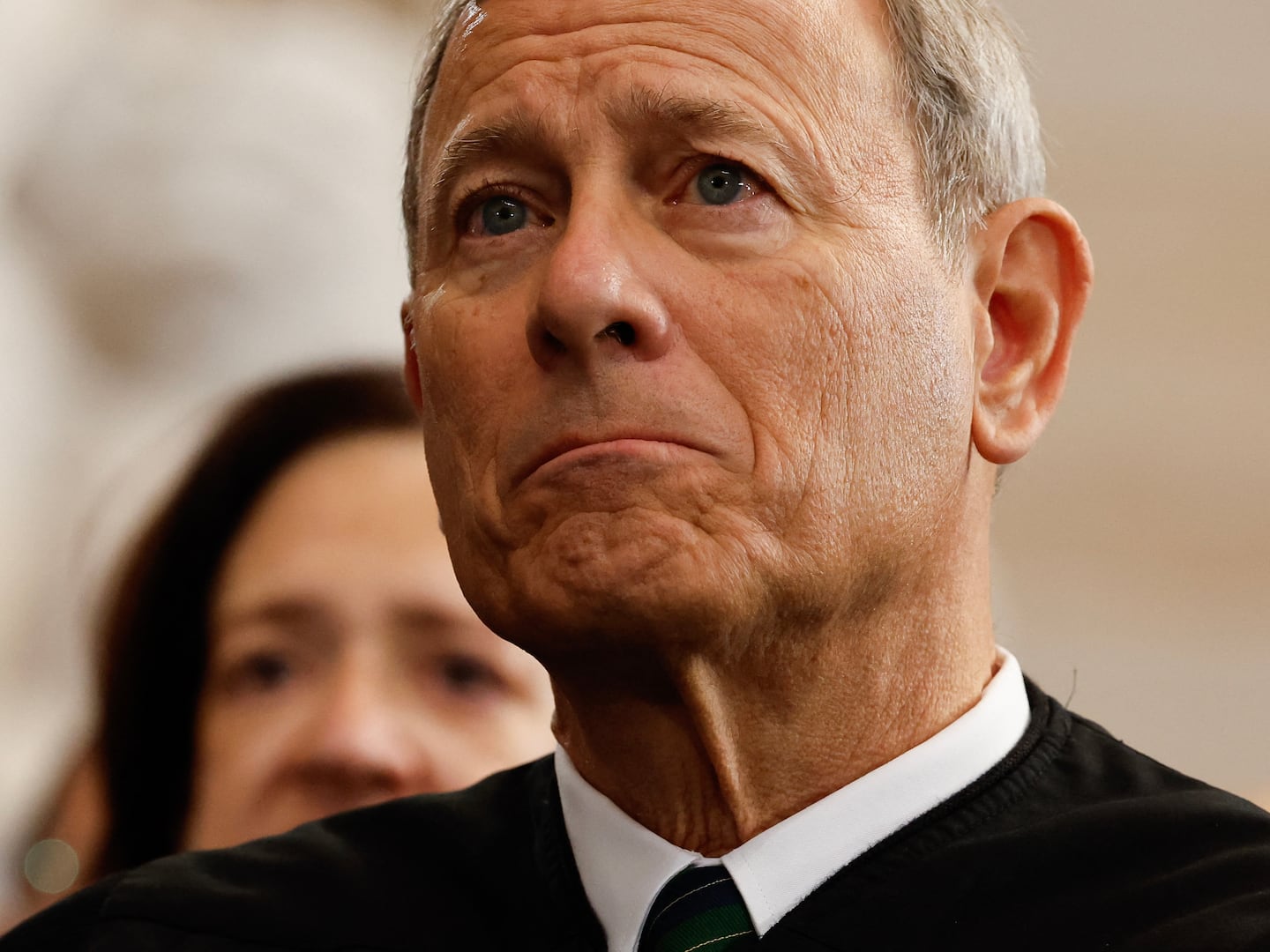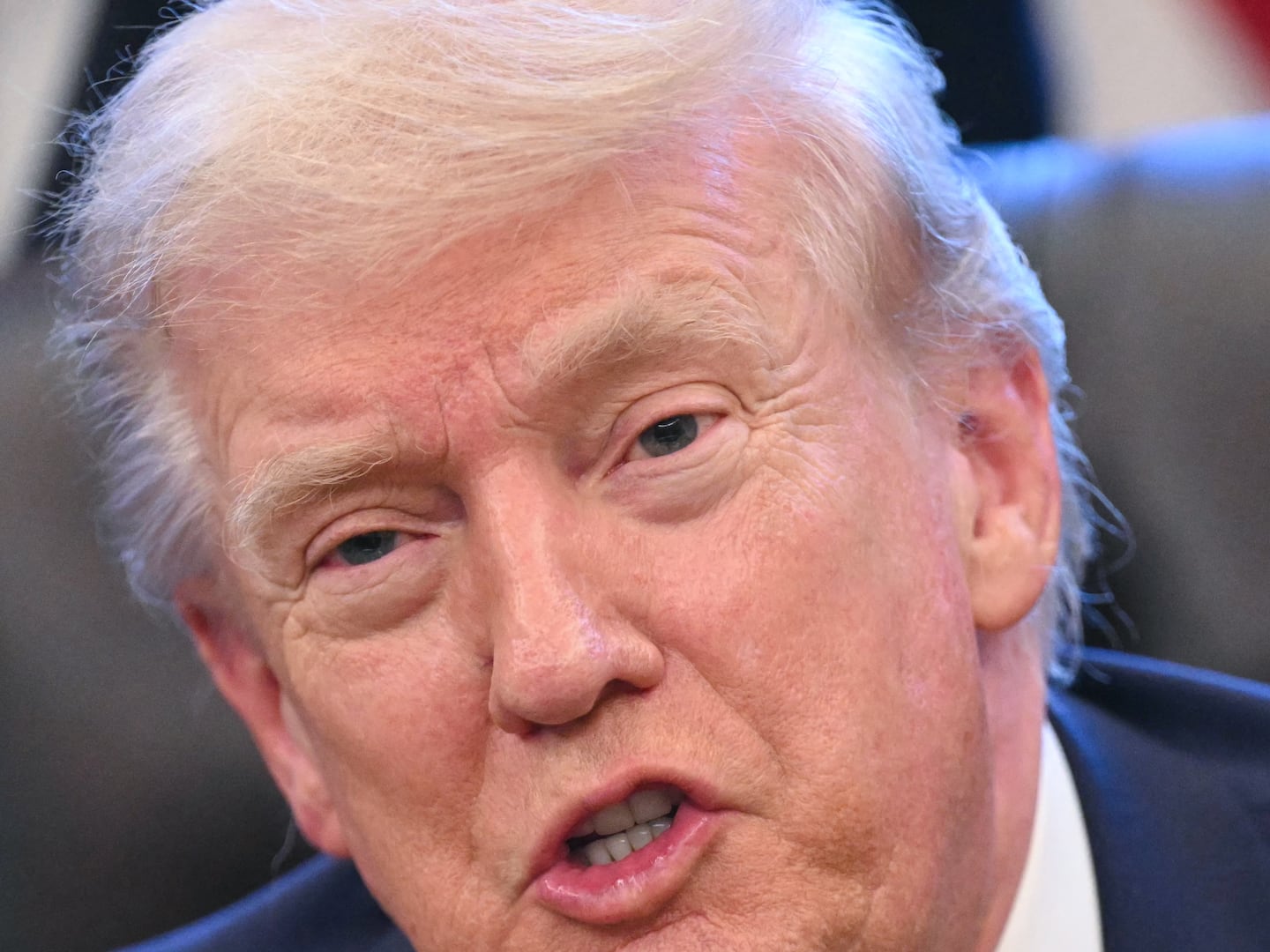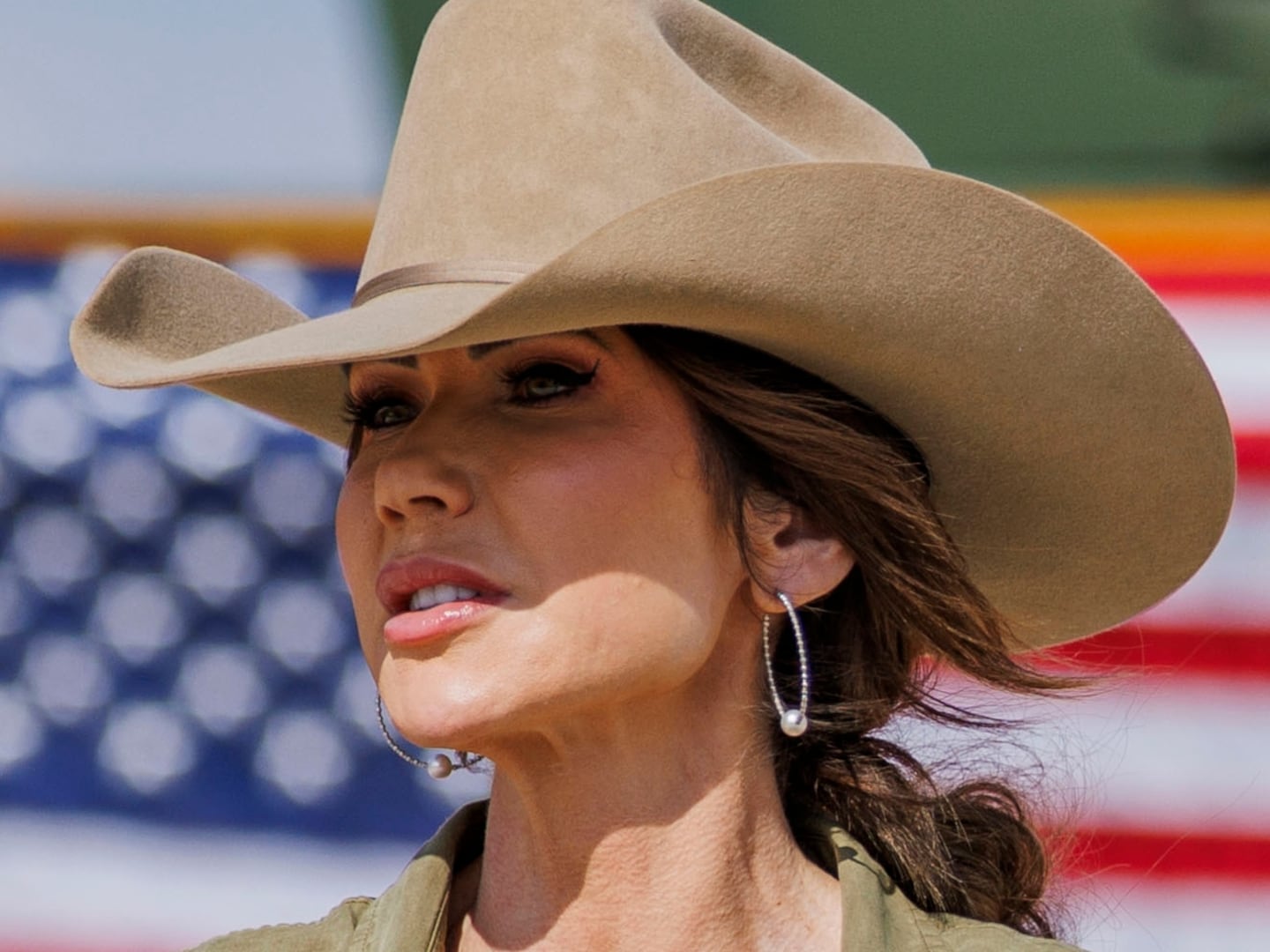On paper, a GOP presidential hopeful doesn’t get much better than Jon Huntsman. A western governor with significant foreign policy experience, pockets deep enough to finance several campaigns, a gorgeous family out of the pages of Vogue (literally), two sons in the Navy…stop me when you’ve heard enough.

But the perfect-on-paper candidate never caught fire within the GOP. The first, and most obvious problem with Huntsman was that he was just dull-- on a debate stage, a campaign rally or nearly any other venue. The most memorable details of his campaign kickoff in front of the Statue of Liberty were the fact that it was in front of the Statue of Liberty and that his staff spelled his name wrong on his campaign materials. What did he say in his speech? Who knows?
When Hunstman wasn’t busy being dull, he was awkward. Jokes in a debate about Kurt Cobain fell flat. The Mandarin zinger at Mitt Romney in New Hampshire produced a collective, “Huh?”
In a year that saw Herman Cain rocket to the top of the Republican polls on a slogan and Michele Bachmann’s freedom-loving Revolutionary War tales take her to a win in the Ames straw poll, Hunstman needed more pizzazz and fewer obscure rocker references to break out of the pack.
Even one-on-one, the professional diplomat in Hunstman seemed to struggle to connect with regular, working people. In New Hampshire, where a talent for retail politics can still breathe life into a campaign, Hunstman’s conversations on a diner visit could wander to into trade policy minutia; a coffee shop stop might end in a mini-debate on climate change and the need for the Republican Party to embrace what he called “basic science.”
Which leads to Hunstman’s most fatal flaw as a GOP candidate—the fact that he and his campaign seemed to be at so odds with the Republican Party itself.
Perhaps looking to appeal to the vast center of American politics, Huntsman often seemed to be scolding members of his own party more than the Democrats, for everything from policy to process.
“We are sane when we talk about solutions for the American people,” he frequently said on the trail. “We are insane when we light our hair on fire.”
True as that might be, the vast center of American politics doesn’t decide Republican primaries. And among those who do, there was no market for a man with a bag full of prescriptions for how to cure the ills of the Republican party, when the party’s own self-examination seems to have turned up just one flaw-- - its own lack of power.
Without the electability of Mitt Romney, the cult following of Ron Paul, the long party history of Newt Gingrich or the evangelical appeal of Rick Santorum, Hunstman had nowhere to go in the nomination battle except out.
It’s easy to think that more time stateside could scrub Hunstman of a diplomat’s compulsive dullness and make him a more relatable, connectable candidate in the future. Bad retail campaigners can become better. Good ones can become great. Mitt Romney has morphed from a stuffed shirt on the stump to someone who looks like he gets a kick out of each and every visit to Sioux City, Iowa, or Bedford, New Hampshire. Hillary Clinton began life in presidential politics talking about baking cookies and is now the most popular politician in America in her own right.
But what will Hunstman do with his deeper disagreements with the GOP? His choice to leave the race before South Carolina and endorse Romney Monday suggest he’s ready to join the fold, if the fold will have him. Maybe he’s doing it to save himself a seat at the table in a future Romney administration. Or he may be leaving on a high-ish note now to preserve the option to run for president again in 2016.
No matter what his future holds, his departure from the race will have the same effect as his presence in it so far—little to none.

